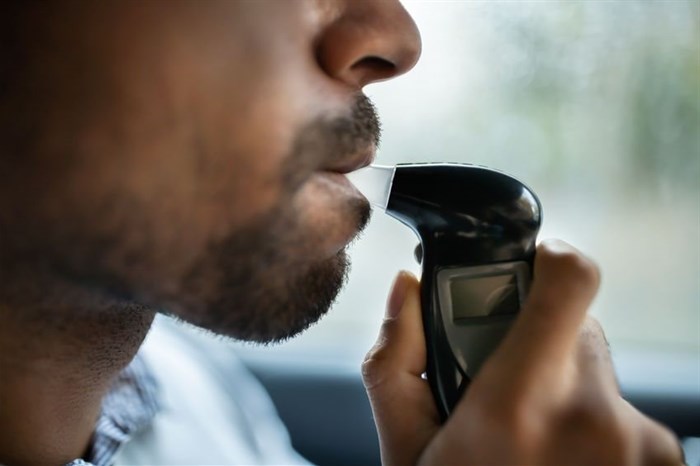Can an employee be dismissed for the results of a breathalyser?

Rickus Willemse, the employee in question, was subjected to a breathalyser test that returned a positive result. To confirm, a blood alcohol test was also administered, which turned out negative. Despite the contradictory results, Willemse was dismissed. It's important to note that the negative blood test was accepted as accurate by witnesses from both the defendant and plaintiff's sides.
The Commissioner, during the CCMA proceedings, emphasised that a breathalyser test might sometimes yield false positives. The results of such a test alone do not conclusively prove intoxication. Complementary signs such as slurred speech, poor balance, unusual friendliness, aggression, or the smell of alcohol must also be considered. Any positive breathalyser result should ideally be corroborated by testimony that the employee exhibited these additional indicators.
Despite expert evidence and lab results showing no alcohol in his blood, Willemse was charged and dismissed for “Having tested positive for alcohol”. All witnesses agreed that his blood alcohol levels were not positive.
This raises the question: can a breathalyser test alone provide enough proof of intoxication to justify dismissal? The answer, simply put, is no. This has always been the case and has been reiterated by this recent judgment. It's crucial to corroborate a positive breathalyser result with other factors and testimony.
Recent discourse around this case might lead one to believe that a breathalyser test cannot support a dismissal. However, the situation is more nuanced. In Willemse's case, his dismissal was deemed unfair because he was charged based on a positive breathalyser test, while expert evidence contradicted this result. A positive breathalyser result needs to be supplemented with other evidence and witness accounts.
It's crucial to remember that breathalyser tests can sometimes provide false positives. As such, a thorough examination of other signs or even a second breathalyser test may be necessary. If the results align with other evidence, such as slurred speech or impaired balance, then an employee may be found guilty of being under the influence of alcohol based on the balance of probabilities. Employers can also validate breathalyser results by testing other employees.
In practical terms, it can be challenging for employers to conduct blood alcohol tests on suspected employees. Breathalysers offer a quick way to gauge if an employee is under the influence.
So, can a positive breathalyser test lead to dismissal? Yes, but only if the results are backed up by witness testimonies and observable intoxication indicators.





























